Brasil Stone offers a wide variety of Tile, Laminate, and Wood options perfect for creating your new beautiful floors, paths, walkways, and patios. Choose from Ceramic, Porcelain, Glass, Cement, or Stone tile, maybe a hearty Laminate or gorgeous natural wood. On this page you will find more information on each type of product along with the recommended uses, maintenance, and any potential drawbacks.
- (805) 965-8925
Tile, Laminate, & Wood
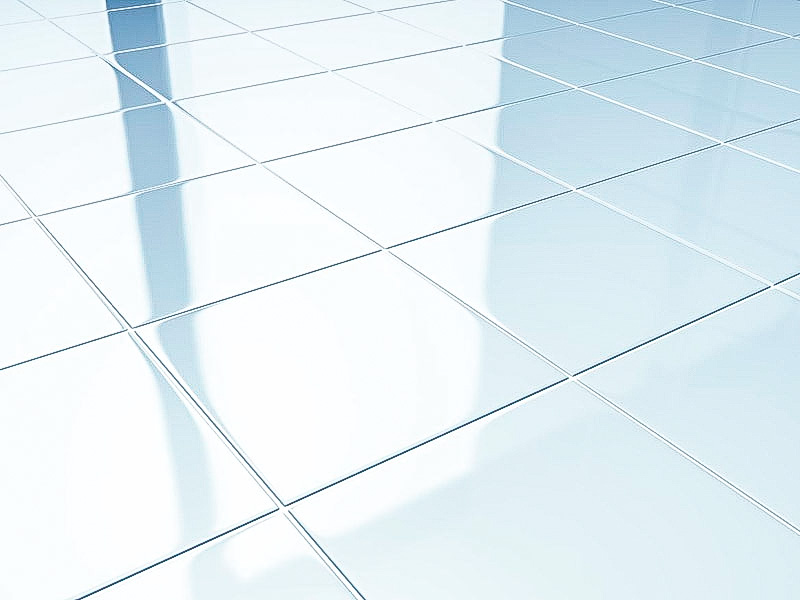
Flagstone:
Ceramic tiles are made of a mix of clay, minerals, and water, then fired at high temperatures. Glazed styles are then treated with a liquid glass coating and fired again, creating a hard, stain- and scratch-resistant surface. Unglazed tiles are sometimes referred to as “quarry” tiles. Ceramic tile is typically affordable, durable, easy to install and comes in a nearly endless array of colors and designs. However, ceramic tile colors can vary from lot to lot and ceramic is not ideal for high impact areas. Handmade or “art” tiles can be extremely pricey.
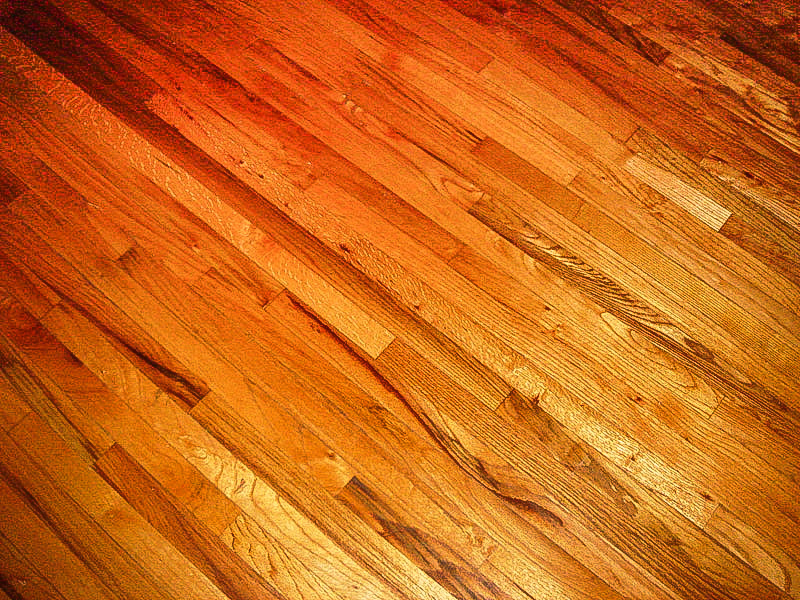
Wood
Many homeowners prefer hardwood flooring in their home, thus, it is the reason that this kind of flooring will never go out of style. Wood floors enhance the natural beauty of the kitchen. It provides warmth and good ambiance to the area making it beautiful and inviting. Hardwood is able to stand up to either stains or spills. Wood floors are easy to maintain by sweeping or vacuuming when they are dirty, and with an occasional application of wood cleaner to maintain its attractive appearance. Hardwood floors are much better for allergy sufferers than those with carpet. This is especially true for pet owners and those affected by pet dander, hair and dust. However, wood is susceptible to various kinds of damages from water, spills, scratches, and leaks. It needs to have frequent cleaning, sanding, and refinishing in order to maintain its appearance. Wood floors are susceptible to moisture fluctuations and require careful attention to maintain the floors beauty. These types of floors can be noisy with increasing amounts of creaks as the flooring ages.
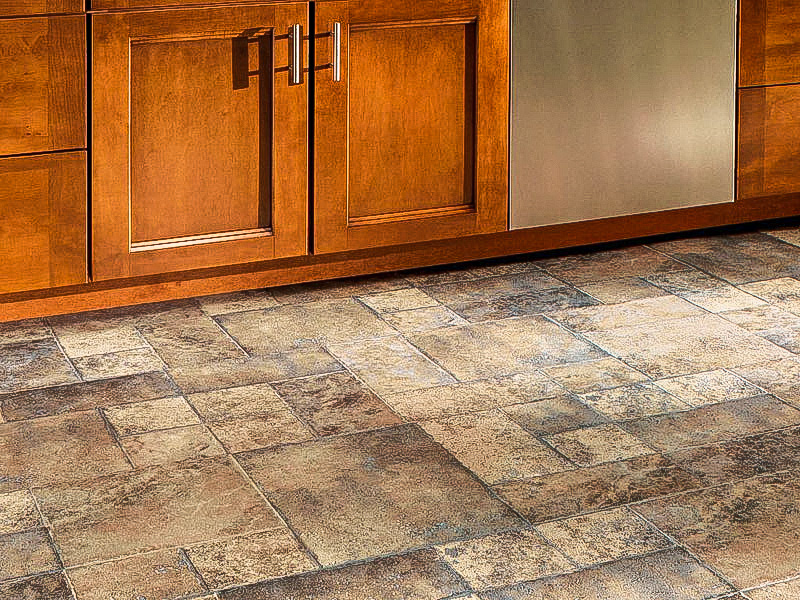
Laminate
Laminate flooring does one thing really well above all else: it imitates wood flooring. Laminate flooring comes as planks or tiles. The laminate construction gives the pieces stability and prevents seams from opening up during changes in humidity. Snap-together laminate flooring eliminates the need for VOC-releasing glues. The wear layer of laminate floor is extremely tough, which makes cleanup and maintenance easy. Occasional sweeping keeps the surface free from abrasive grit. However, Even the best laminate flooring is susceptible to moisture damage and shouldn’t be installed laundry rooms and rooms with sump pumps or floor drains. Installations on basement floors and slabs should include a moisture barrier. Laminate flooring in the kitchen is okay as long as you’re diligent about cleaning up spills and splashes. Laminate flooring in the bathroom isn’t recommended unless all edges are glued during installation and the perimeter is sealed with silicone caulk. Laminate flooring can’t be refinished the way real wood can, so once it’s worn out, it’ll have to be replaced
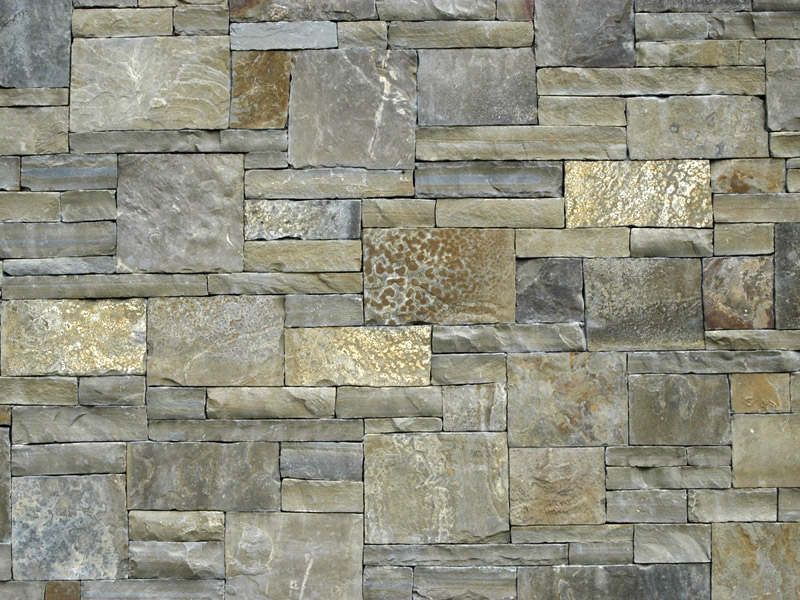
Stone
Stone tiles are pieces of natural stone—granite, slate, travertine, marble, onyx, sandstone, to name a few—cut into thin, regular pieces, stone tile has a rich, one-of-a-kind look. You can use stone tiles on walls, backsplashes, or for floors. However, most stone tile can be damaged by exposure to water, pigment, or acid, so be prepared for extra maintenance. Seal on installation and reseal every 10 years.
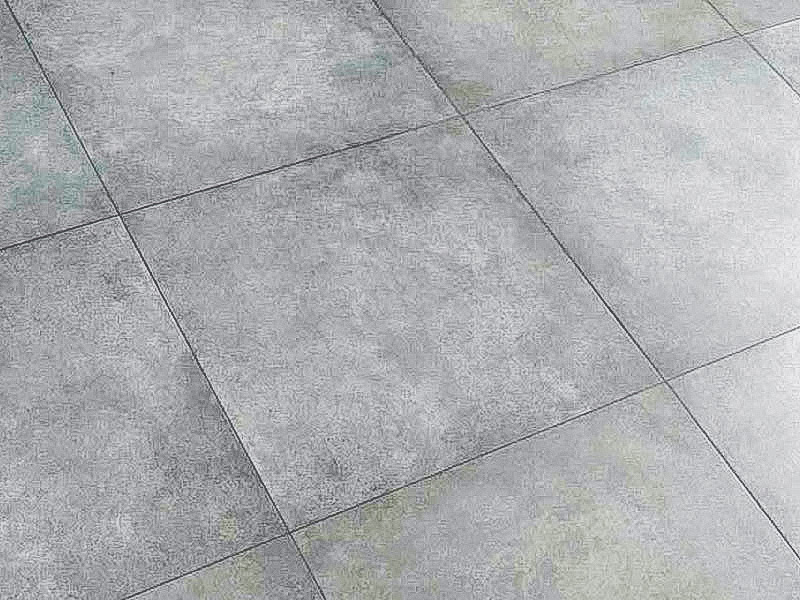
Cement:
Cement tiles are handmade of natural materials, cement tiles—also known as encaustic or Cuban tiles in the U.S.—typically boast bold patterns. Cement tiles are resilient and beautiful, and are appropriate for floors, backsplashes and walls. However, they can be quite pricey and are not as common as other tiles. Also, cement tiles are prone to etching by acid or harsh detergents and must be sealed on installation and resealed periodically.
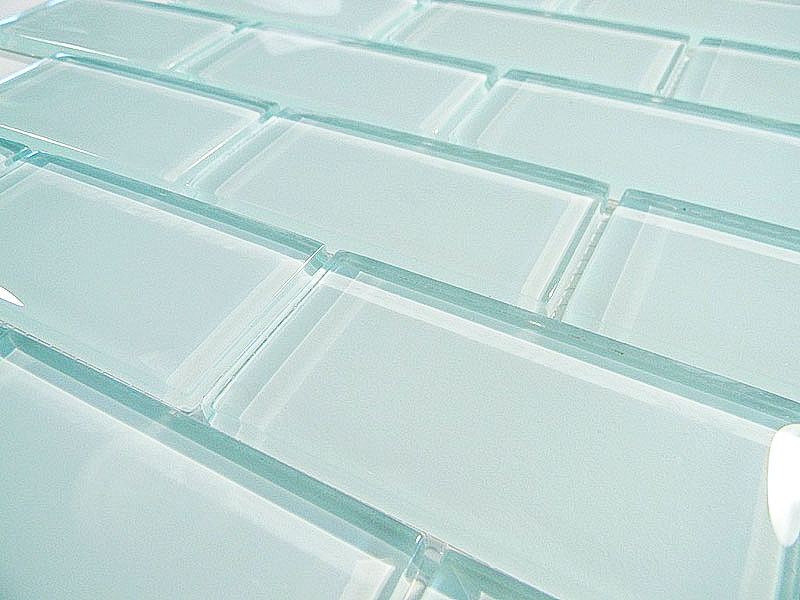
Glass:
Typically glass tiles are thin pieces of glass sold individually or as a mosaic, sometimes with other types of tile, on a mesh backing. Glass tiles are colorful, reflective, and easy-to-clean. They are best for walls and backsplashes. Some glass tile is rated for use on floors. The wide range of colors gives glass tile great “wow” factor. However, glass can be expensive and difficult to install. Because the tiles are transparent, the adhesive is visible through the tile.
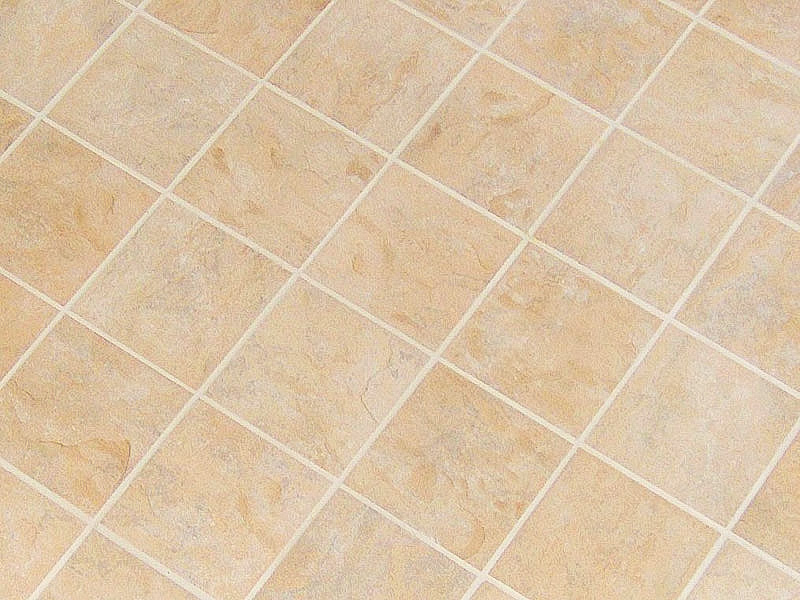
Porcelain:
Porcelain tile is a type of ceramic tile that is fired at a higher temperature than standard ceramic, making it denser and less porous. This type of tile is stain- and impact-resistant which is best for floors, walls, backsplashes. It is easy to clean and comes in a wide variety of styles. However, porcelain requires a special setting material designed to adhere non-porous materials.
